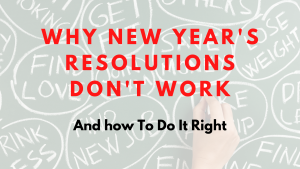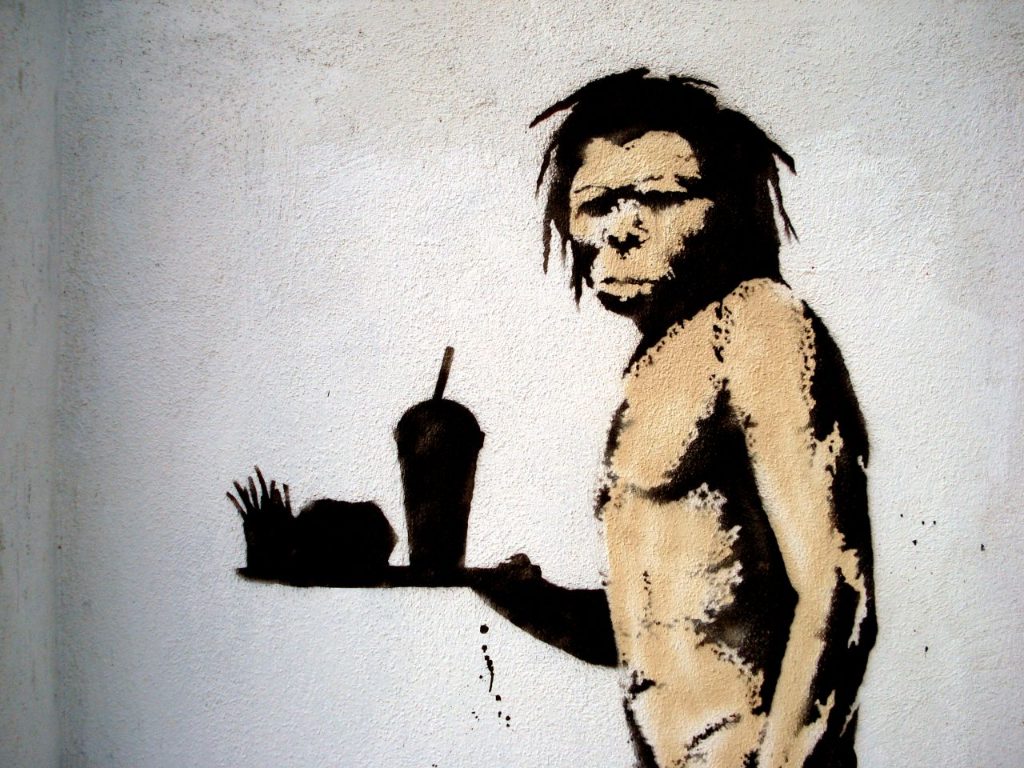

There’s no doubt that we humans who live in the 21st century are lucky. Our lives are so much easier in so many ways than the lives of our ancestors, the hunter-gatherers who lived on this earth until about 10,000 years ago.
Thanks to technology, we can enjoy all the convenience and comfort we want. We have cars, elevators and escalators to move us quickly from place to place. We can do almost anything by pressing a button. We don’t have to cook anymore. We don’t have to worry about where our next meal will come from and when. Even the basic action of resting is mediated by chairs and multi-layered mattresses. Our lives are relatively safe, and we don’t have to worry about becoming lunch for a hungry bear that is chasing us. Modern medicine protects us from infectious diseases, and technology can save us from injuries, some of which we wouldn’t even imagined surviving just a few decades ago.
So what is wrong with all of that?
Human evolution started about 6 million years ago when we separated from our last ape ancestors. During this time, through the profound and slow process of evolution, we have been challenged by and adapted to the changes in our environment.
In the millions of years of evolution, our bodies and minds were designed to move, metabolize food and grow in certain ways. We were designed to produce and spend energy by eating certain kind of foods. We also survived through learning to live socially, relying and depending on our tribe and community. We have become the amazing, surviving and living machines that we are.
When the agricultural revolution started about 10,000 years ago, the conditions of our environment started to change at a pace that was much too fast for our bodies to adapt to. The industrial and technological revolution of the last 200 years sped up the process of environmental changes at an even greater pace. During these recent times, our bodies and minds have been tremendously challenged in coping and adjusting to those rapid changes.
In the last few decades, we have been realizing the price we pay for the convenience of modernity, mostly expressed as what are called mismatch diseases; which means diseases that are non-infectious or genetic but such that are caused by our lifestyle and environment we live in.
The food that we eat, for example, has changed dramatically. Our ancestors wouldn’t even recognize what most of us eat today, as food. Our food is processed, engineered and manipulated. Today, the destructive implications of the modern Western diet (especially the standard American diet) are facts that are based in sound science that no sane person doubts. The reality shows us a very grim picture of 70% of overweight people among all adult Americans and children as young as 12 with adult diseases like type 2 diabetes.
The air we breathe and the water we drink are becoming more polluted and contaminated with toxins our ultra-industrial society produces.
The convenience of a modern lifestyle causes our bodies to become weak and sick. We sit too many hours in comfortable chairs and sofas. Our muscles and bones become numb and frail, and we get injured easily. So we pay the price, metaphorically, in pain and depression, and literally, in money we pay doctors and chiropractors. By not using it, we’re losing it.
Mentally and psychologically, we pay a huge price as well. Stress response, which is supposed to be an emergency defense mechanism that our bodies and minds have developed through ages of evolution, has become the new norm. From the perspective of our bodies, modern life put us constantly in an emergency state of fight or flight. When that happens, we collapse and can’t handle the pressure. Depression, adrenal fatigue, autoimmune disease and heart disease are just a partial list of the result.
What about our social and spiritual lives? Our ancestors lived in small groups or tribes and had a tight, supportive social system. Modern life creates some amazing technological tools to help us connect to each other, yet it seems that the more sophisticated these tools are, the lonelier and more depressed we become. Is it possible that two decades of unbelievable progress in technological communication cannot substitute our primal need for direct and simple eye contact with other people?
The paleo lifestyle is definitely a lot about our diet, but in a wider context, it is almost about everything we do and every choice we make. It’s about how we eat, sleep and breathe. It’s about how we move, walk, run and bend to lift something from the ground. It’s about our mindset and how we deal with stress. It’s also about the complex relationship between our bodies and minds, and it is about the relationships we have with each other, ourselves and the environment we live in.
I am not a romanticist, and I don’t think we should go back to living in the woods to hunt and gather, although that would be an interesting weekend experience. But the more I study nutrition, movement and the stress of modern life, the more I understand how almost everything we do is wrong and how much we can learn from the paleo wisdom.
The challenge, of course, is how we can apply this wisdom to our modern lives. What does paleo life even mean in the context of modern life? Take food, for example; even if you follow the strictest protocol of a so-called paleo diet, you’ll still be eating food that wouldn’t be recognizable to a hunter-gatherer who lived 10,000 years ago.
Obviously, the paleo diet and lifestyle shouldn’t be taken literally. But by learning from the principles and wisdom that are the products of millions of years of evolution, I believe we can transform our lives and heal ourselves and each other. Technology and science can be amazing tools to help us in practicing these principles, and I think that the combination of science with this evolutionary intuition is a beautiful thing.
So why not start today?




